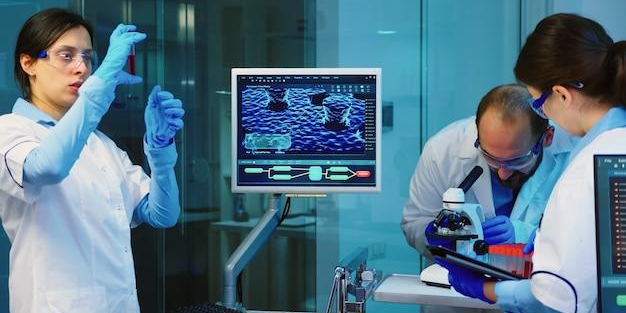During data collection and data entry in a medical research study, errors can occur. Research coordinators handling the shifting of the data might make a mistake in transforming them from paper-based formats to digitized ones. If these errors are left standing and not identified before analysis, they can distort the outcome of the clinical trial, which will lead to falsified results and an unsuccessful research study. In order to avoid such an unfortunate situation, data validation is done in clinical trials using various clinical research software tools. Electronic data-capturing methods are also used to improve data validation.
Ways to Improve Data Validation
Following are some ways that can be used to improve data validation and reliability:
- Keep Checking Your Data:
Edit checks should be set in a balanced and appropriate manner. Place too many checks, and alarms will be raised on every data that is perfectly validated. Place too little edits checks and nonsensical data will rush in. Research coordinators will have to spend an enormous amount of time dealing with these issues if edit checks are not balanced and appropriate. - Hard Edit Checks vs. Soft Edit Checks:
To reduce errors in a clinical trial, hard edit checks and soft edit checks are used and both have their own importance. In both systems, users will not be able to proceed further unless the query pointed to them by the clinical trial data software is resolved. Variation in data is also reduced by using many methods and standardized procedures. - Univariate Edit Checks and Multivariate Edit Checks:
Univariate edit checks evaluate data against constraints put for a single item, while multivariate edit checks evaluate the data against constraints put for multiple fields. Both univariate and multivariate edit checks are used to improve data validation during the clinical trial. - Use of Electronic Data Capture(EDC) system: EDC systems are computerized clinical trial data software that helps collect data and can improve data validation. They have built-in software that helps remove manual errors, reduce data errors, and streamline the validation process during clinical trials.
- Standard Edit Checks and Protocol-Specific Edit Checks:
Standard edit checks do not vary from study to study, and their value lies in their re- Standard edit checks are put on data with routine significance, such as vital signs. While protocol-specific checks are put on data to check it against the protocols dictated for that specific clinical trial. Both data checks ultimately improve data validation in clinical trials.

Contact Us Today to Streamline Your Clinical Trial Process with ClinicalPURSUIT!
At Clinical PURSUIT, we understand the importance of data validation in clinical trials. That’s why we’ve developed an electronic data capturing and management software that streamlines the entire process, from data capturing to analysis. Our software can handle thousands of patients in a clinical trial, ensuring the accuracy and reliability of the collected data. We offer customized data validation procedures, training and support, and ongoing maintenance and updates to keep our software at the forefront of the industry. If you’re looking for a reliable solution for data validation and management, we’d love to help. Contact us today to learn more about how ClinicalPURSUIT can streamline your clinical trial process and help you achieve your goals.







